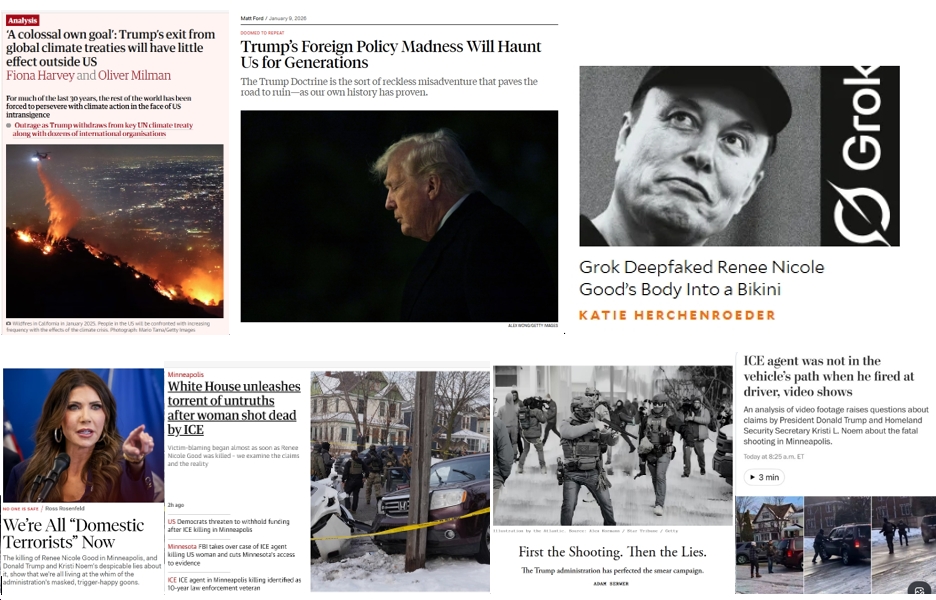In the Democratic primary in California on Tuesday, either Hillary or Bernie will get more votes than the other. Probably not a lot more votes.
The media will make a big deal about who “won” California. If Hillary wins, it will be said that now she moves toward the convention with the wind at her back. If Bernie wins, it will be said that Hillary is limping toward the convention (that will nonetheless almost certainly nominate her) in a weakened condition. Because the media say it matters whether it is 51-49 or 49-51, it will matter.
But really, why should it?
Would the shift of a few votes in Iowa or Kentucky have signified a really different picture of the race from what the actual results showed? Basically, the reality that was revealed by the returns was that the two candidates were basically tied. That would have been true whether candidate A edged out candidate B, or vice versa.
It seems that the media are in thrall to the habit of our usual winner-take-all elections.
The shift of a handful of votes in Florida in the presidential election of 2000 would have given us a President Al Gore instead of a President George W. Bush. No Iraq war, no Roberts and Alito on the Supreme Court, no Karl Rove poisoning our national discourse or Dick Cheney subverting the rule of law.
Now THAT really mattered!
A handful of votes gave us Virginia Attorney General Mark Herring instead of Attorney General Mark Obenshain. And that mattered.
But the Democratic primaries are deliberately not winner take all. As in many state primaries that have already been conducted, the results in California on Tuesday will show a primary electorate fairly evenly divided. The delegates will be fairly evenly apportioned between the two candidates (using California’s specific set of rules). And the delegate math will remain what it has clearly been for the past month (with Hillary having an effectively insurmountable lead).
But because the media will make a big deal about which campaign gets slightly more than half the vote and which gets slightly less, and because therefore the two campaigns are acting like it really matters, it will. The narrative shapes perception, and the perception affects reality.
But that narrative seems to be predicated on the application of a well-established habit of thought to a situation to which that habit does not apply. And so we operate with a picture of the California contest — in which “winning” is a big deal — that, so far as I can see, doesn’t really make sense.

![Thursday News: “Europe draws red line on Greenland after a year of trying to pacify Trump”; “ICE Agent Kills Woman, DHS Tells Obvious, Insane Lies About It”; “Trump’s DOJ sued Virginia. Our attorney general surrendered”; “Political domino effect hits Alexandria as Sen. Ebbin [to resign] to join Spanberger administration”](https://bluevirginia.us/wp-content/uploads/2026/01/montage010826.jpg)
![Sunday News: “Trump Is Briefed on Options for Striking Iran as Protests Continue”; “Trump and Vance Are Fanning the Flames. Again”; “Shooting death of [Renee Good] matters to all of us”; “Fascism or freedom? The choice is yours”](https://bluevirginia.us/wp-content/uploads/2026/01/montage011126.jpg)

![New Year’s Day 2026 News: Full Video of Jack Smith Testimony – “The attack that happened at the Capitol…does not happen without [Trump]”; Trump/RFK Jr Make Measles Great Again; Right-Wing YouTuber Nick Shirley Definitely Not a Real Journalist; Musk Did Enormous Damage in 2025](https://bluevirginia.us/wp-content/uploads/2026/01/montage010126.jpg)













